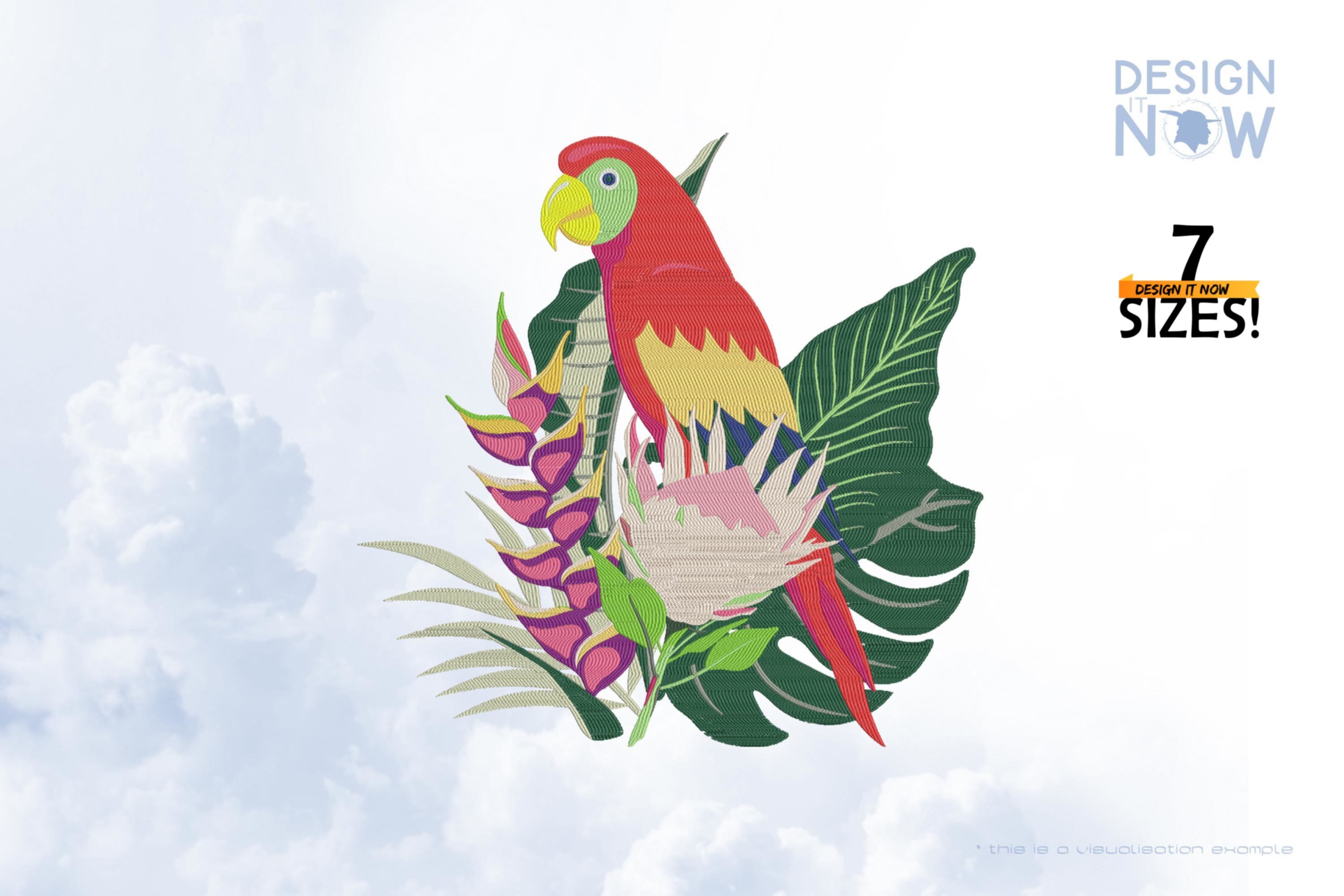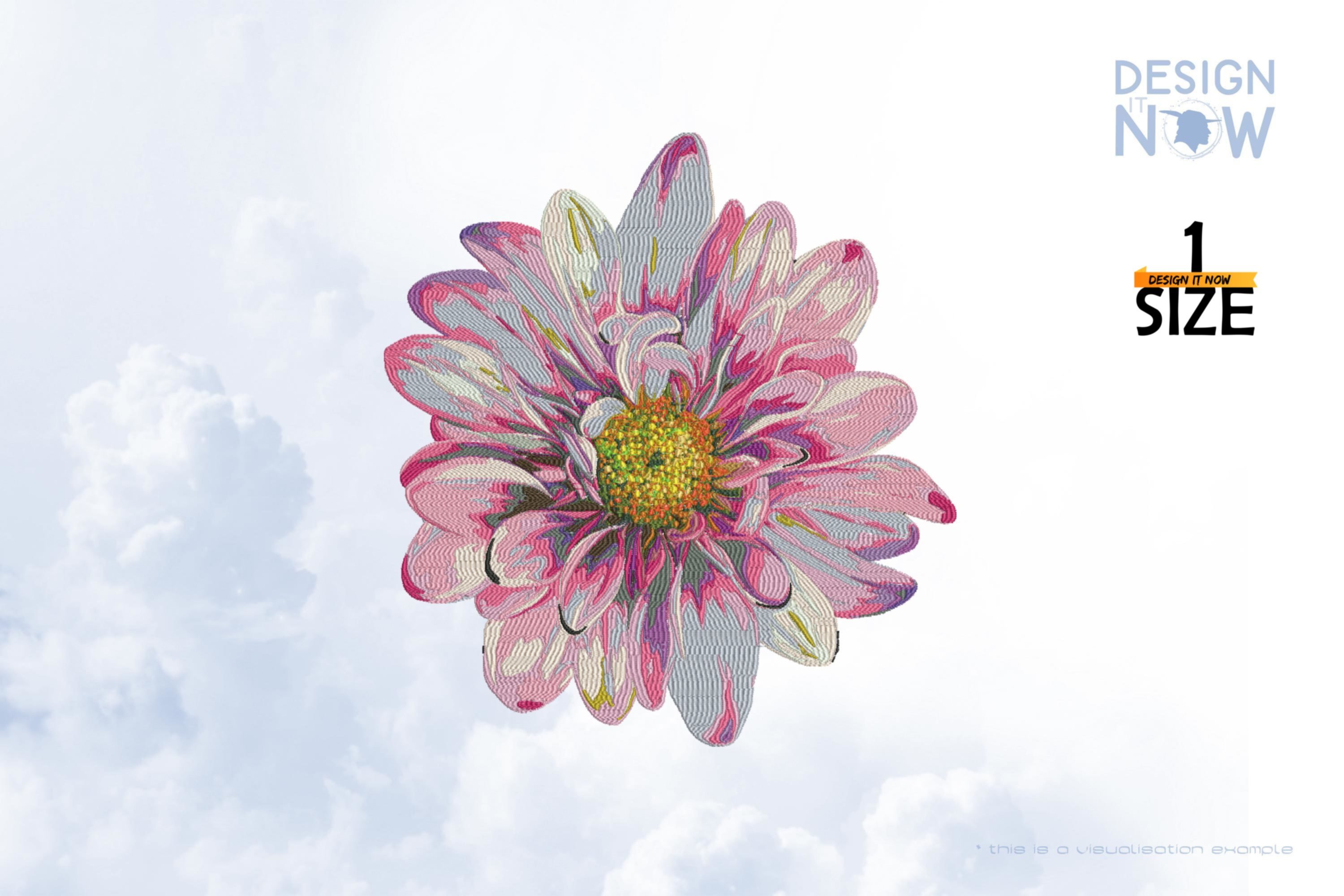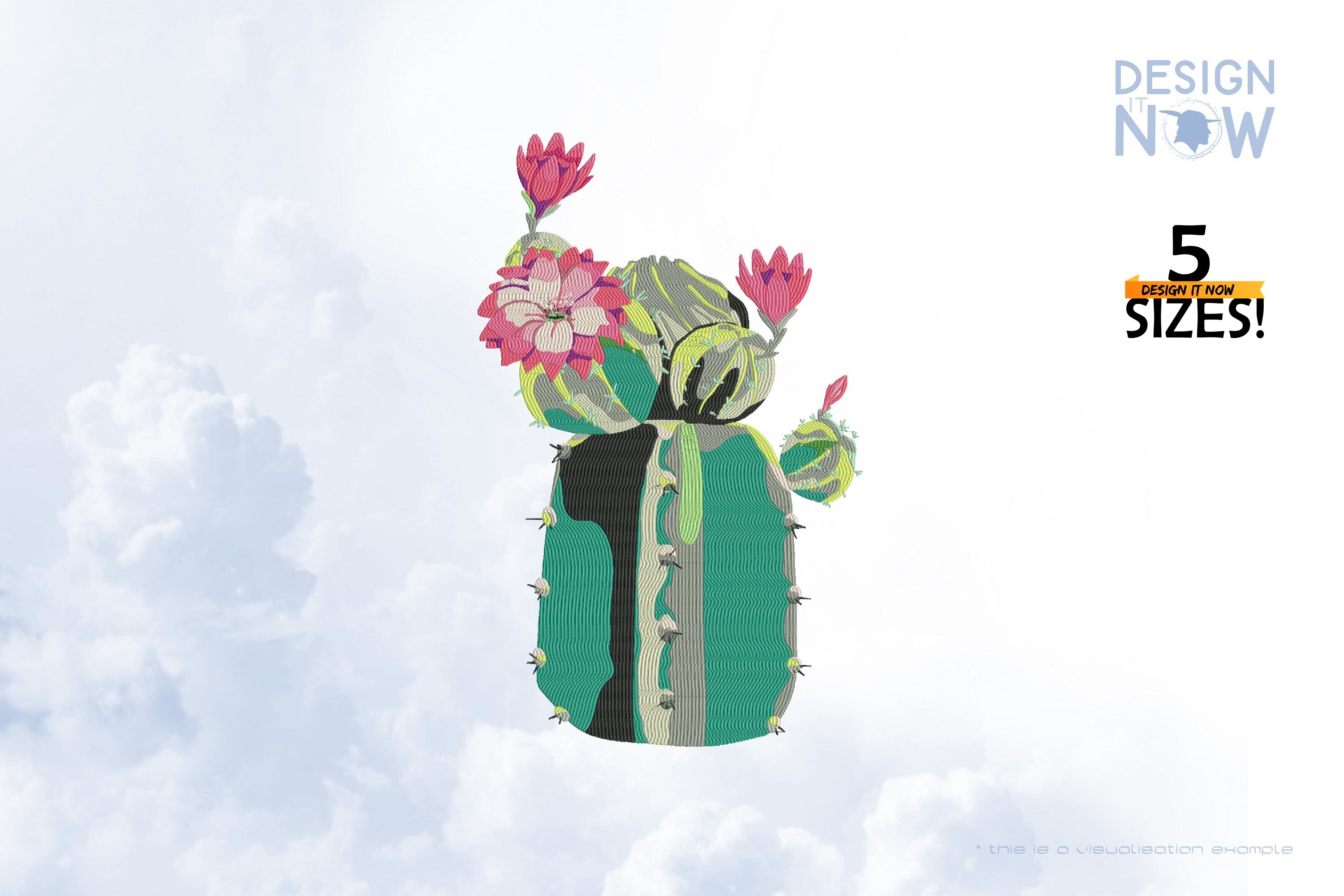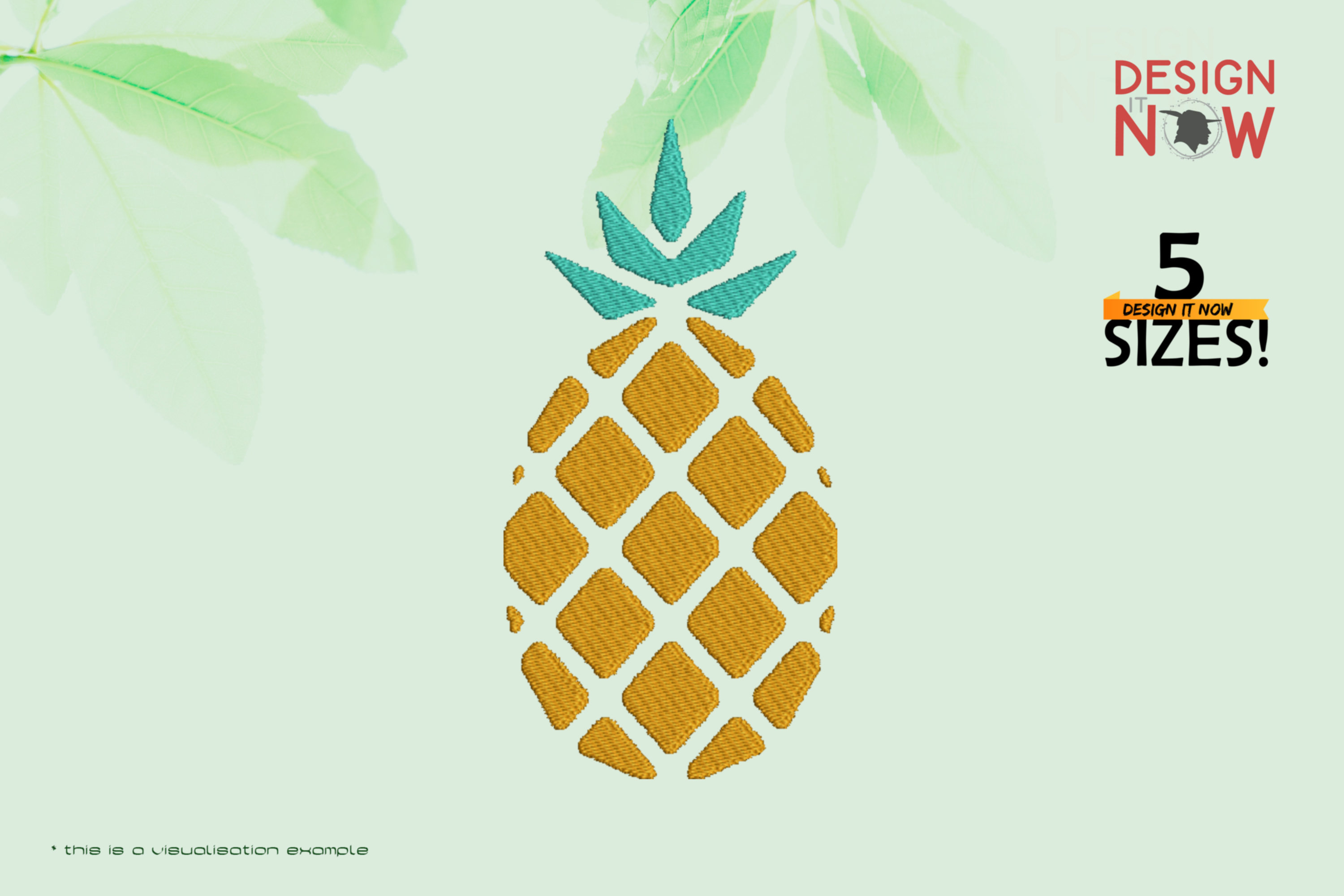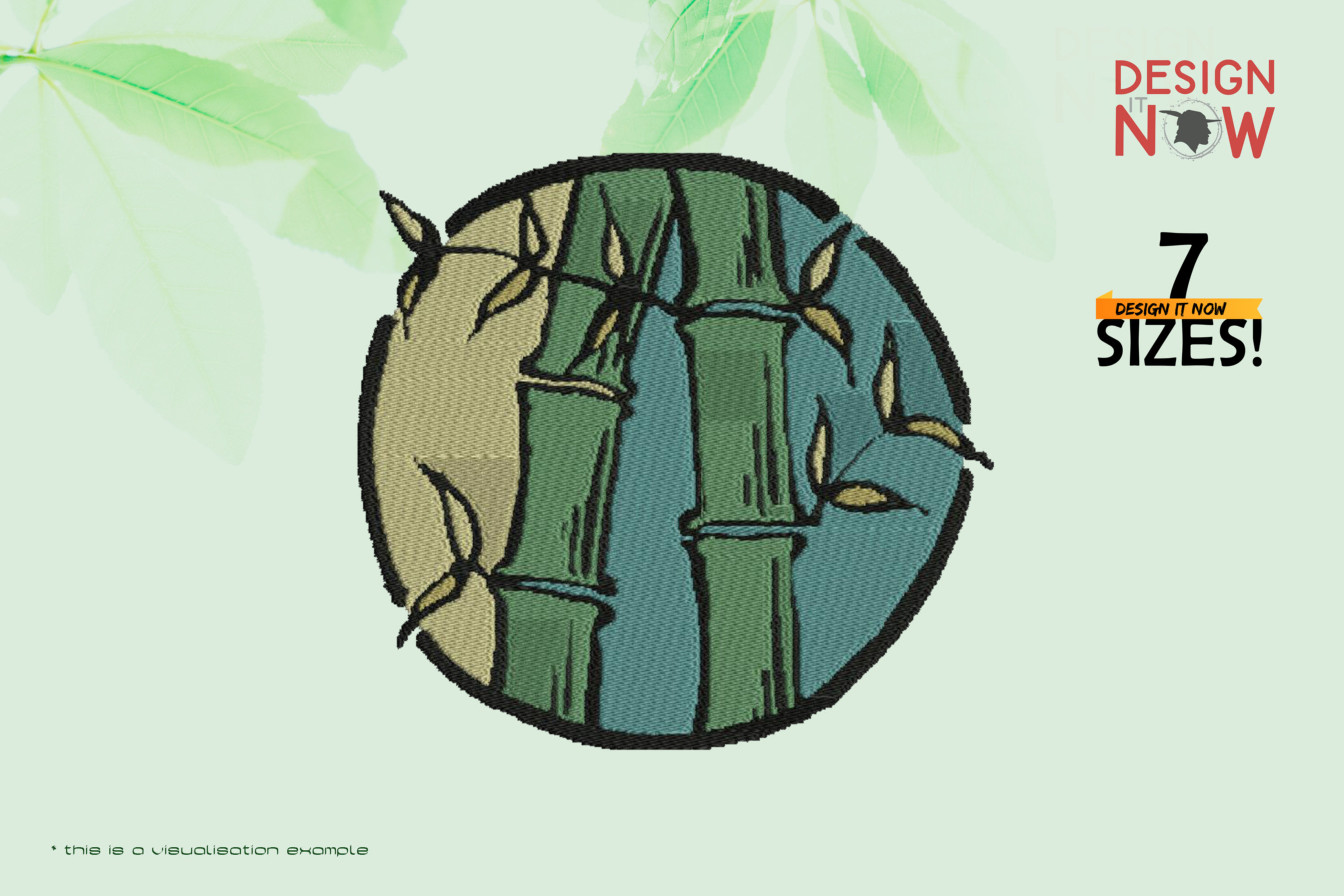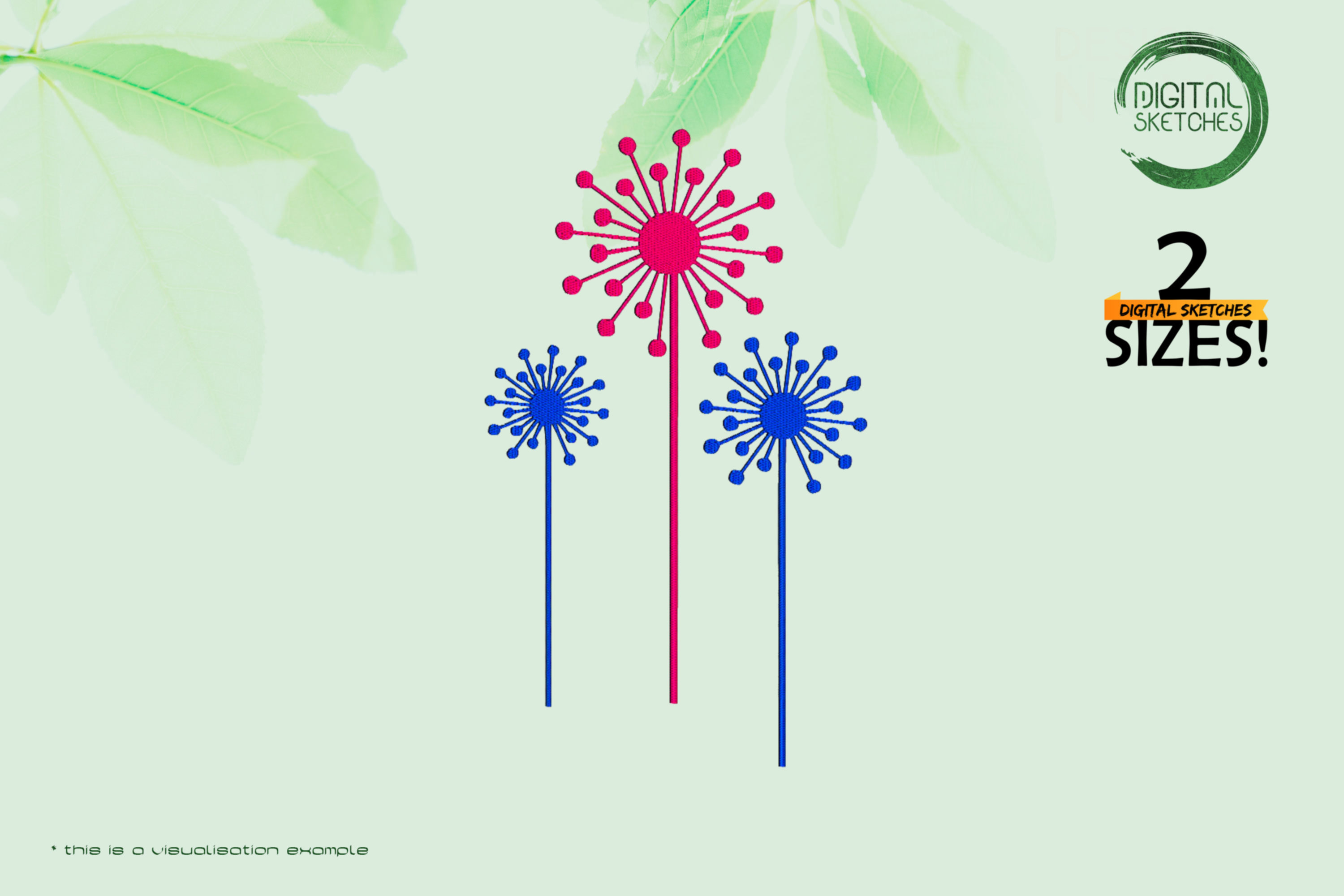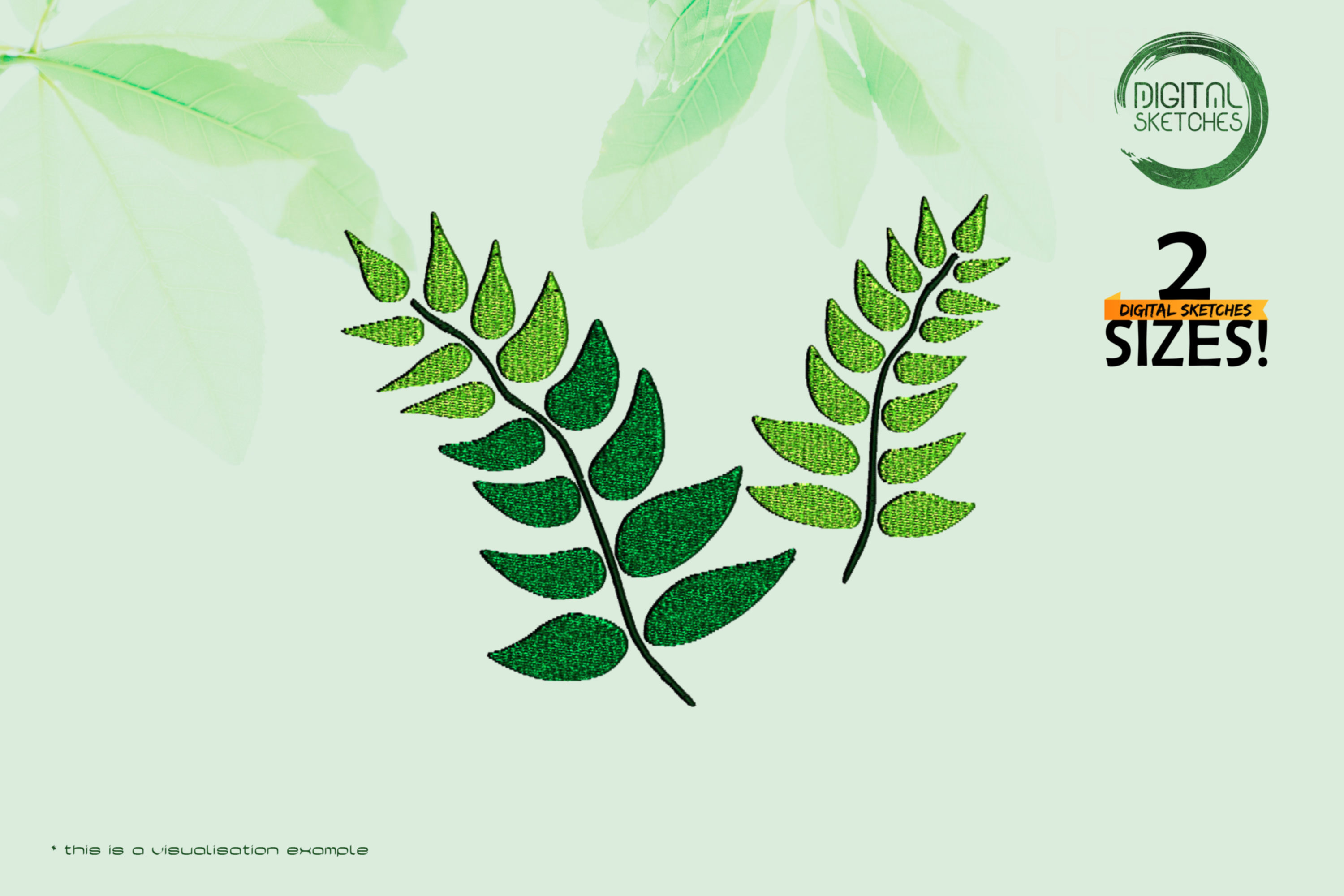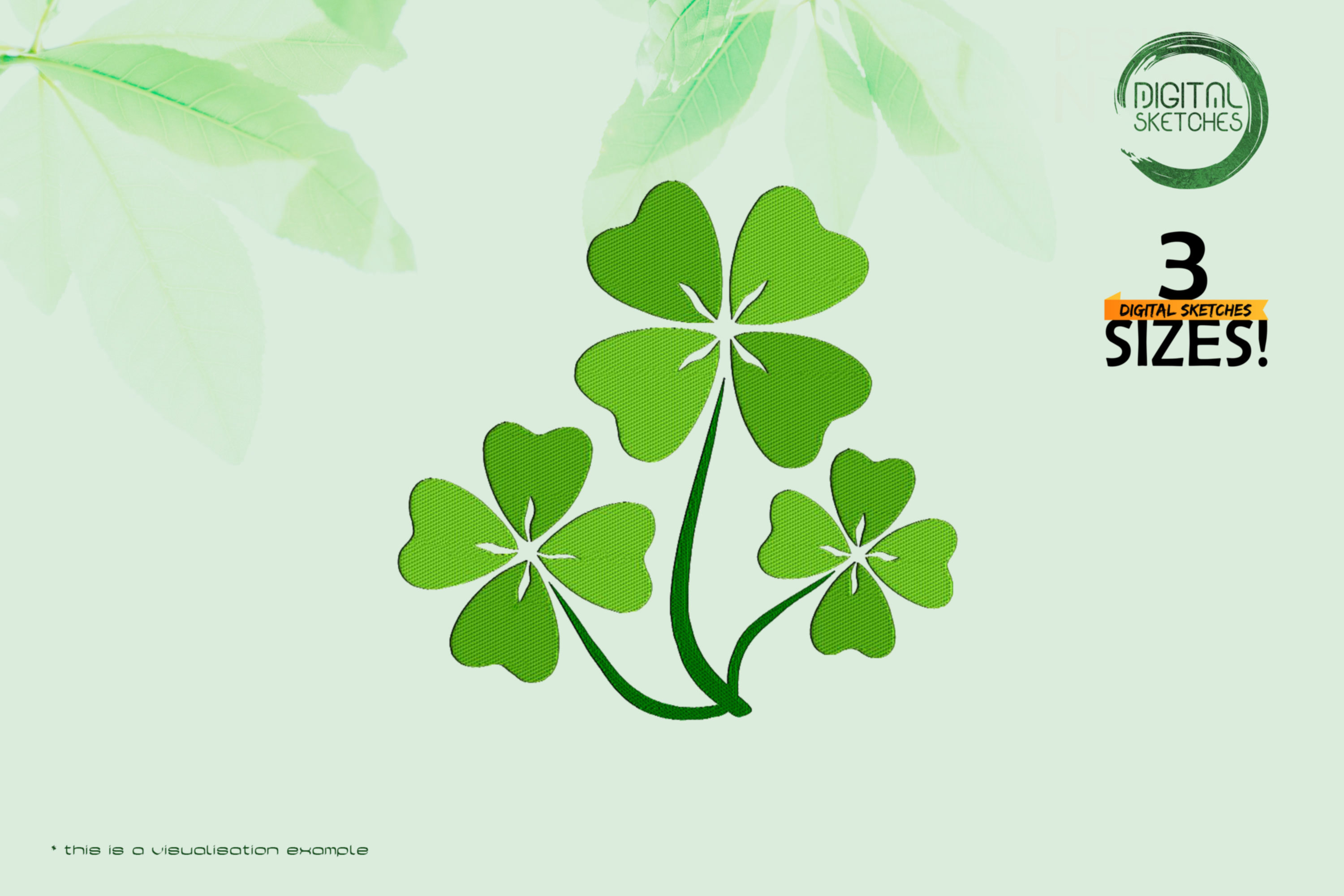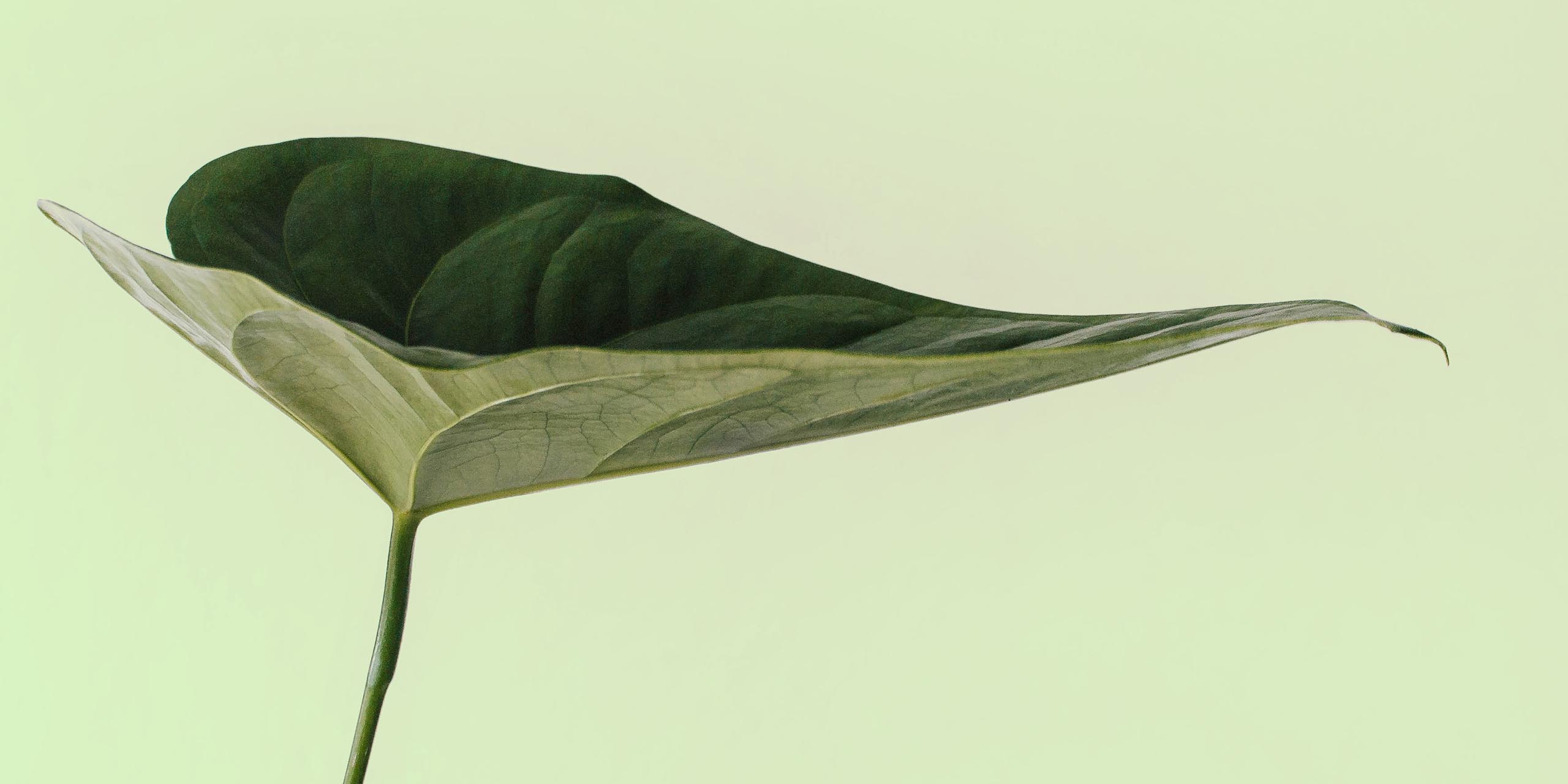
Plants
Plants (Latin: plantae) are living organisms that cannot move and perform photosynthesis. Fungi and bacteria, which were previously also considered to belong to the plant kingdom, are now excluded. Various definitions of plants are currently in use, differing in whether or which groups of algae are included in addition to terrestrial plants (Embryophyta). The branch of biology that, for historical reasons, is concerned with the study of plants, including all algae and the fungi, is botany.
The term plant from Old High German pflanze was borrowed as a foreign word in the 6th century from the Latin word planta for 'sole, foot, seedling'. It goes back to plantare in reference to trampling the soil around a freshly planted seedling with the sole or foot. "Plants" were thus originally primarily the cultivated plants.In Latin, the term vegetabilia was common for the plant kingdom, based on the verbs vegere 'to be in vigor, to flourish' and vegetare 'to animate, to excite'.
The first treatment of plants as a special category of natural beings is found in the work of Aristotle. The latter, in his work De anima, distinguished beings (minerals, plants, animals, and humans) according to the expression of their soul. A nourishing or vegetative soul, which is responsible for growth and reproduction, is attributed to all living beings, including plants. Animals have additionally the ability to the sense perception, a feeling life and the ability to an active locomotion. The first in-depth studies of plants were carried out by his student and successor Theophrastus, who is therefore considered the "father of botany.
%
Parrot Plants Flowers
In the systematics of birds, parrots correspond to the order Psittaciformes (parrots). The systematics of parrots is undergoing major changes due to new phylogenetic studies. Traditionally, however, parrots are divided into two families, namely the cockatoos and the parrots proper. Common to all parrots is the upright posture and the strong beak. They feed on seeds, berries, fruits, flowers and buds as well as roots. Many species also eat insects and their larvae. Some species occur in large swarms. Flocks of the Naked-eyed Cockatoo occasionally number more than 70,000 individuals. Parrots have been kept as pets for a long time. In some areas of the world they are considered pests. In Australia in particular, large flocks of Pink-crested, Yellow-crested and Bare-eyed Cockatoos sometimes cause considerable damage to agriculture. They are therefore persecuted as agricultural pests in some regions. Many parrot species live in large flocks, especially outside the breeding season. These flocks, especially if the birds' natural habitats have been heavily modified, can act as crop pests, especially on fruit, grain or millet. As parrotbirds are usually very social animals, they should be kept in captivity at least in pairs, if not in small flocks. Parrots feed mainly on plant food such as fruits, seeds, flowers, leaves, bark, roots with varying proportions of animal food, mainly insects and insect larvae, depending on the species. The plant toxins contained in the diet are apparently tolerated without any problems. Among the parrot species with a particularly unusual diet are the lorises, which feed mainly on pollen, nectar and soft fruits. Their beak is relatively long and laterally compressed. There are elongated papillae at the tip of the tongues. This brush tongue is used to harvest pollen and nectar from flowers. Pollen serves as the lorises' main source of nitrogen, while nectar is an essential source of carbohydrates. Almost all parrot species breed in burrows, especially tree hollows, burrows in the ground, but also in termite burrows. Product Number: N11143Product Name: Abstract-Animals-Birds-00001001This design comes with the following sizes:Size: 11.32"(w) X 11.10"(h) (287.6mm X 282.0mm) Size: 11.48"(w) X 11.26"(h) (291.6mm X 286.0mm) Size: 11.80"(w) X 11.57"(h) (299.6mm X 294.0mm) Size: 12.57"(w) X 12.35"(h) (319.4mm X 313.6mm) Size: 12.73"(w) X 12.50"(h) (323.4mm X 317.6mm) Size: 12.98"(w) X 12.72"(h) (329.6mm X 323.2mm) Size: 14.16"(w) X 13.89"(h) (359.6mm X 352.8mm) The following formats are included in the file you will receive: .DST .EXP .JEF .PES .VP3 .XXX .PEC .U01You MUST have an embroidery machine and the software needed to transfer it from your computer to the machine to use this file. This listing is for the machine file only - not a finished item.Beautiful Colorful Parrot And Flowers Machine Embroidery Design, Birds Embroidery Pattern, Nature Animals Embroidery Art, DIY Project Ideas, Beautiful Digital Supplies For Embroidery Machines
US$1.10* US$4.40* (75% saved)
%
Flower VI
In everyday language, a flower refers either to a flowering plant that "produces" larger, eye-catching blossoms, or to a "single blossom of a flower with a stem", or is used as a short form for flowering vine. It is often used as an ornament, e.g. as a cut flower in a bouquet, a floral wreath or a floral arrangement. In the visual arts, flowers as a floral motif are a frequently depicted theme. In botany, on the other hand, the term flower is clearly defined and is separated in particular from the term blossom. While a flower (as a single flower or inflorescence) is defined by its function in pollination, a blossom (as a stunted shoot with metamorphosed leaves) is a term clearly defined by morphology.A flower is the pollination-biological unit of flowering plants. It is its task to attract pollinators or it forms a technical-functional unit. Flower is therefore an ecologically-functionally defined term. Thus, flowers pollinated by animals are classified according to their pollinators, such as the bird flowers or the beetle flowers. A flower is defined as a shoot of limited growth in the service of sexual reproduction. Its structure is clearly divided into perianth, stamens and carpels. Tulip or rose flowers are good examples of this. They do not have to be conspicuously built or coloured; grasses also have flowers.Product Number: N10996Product Name: Abstract-Flower-00001003This design comes with the following sizes:Size: 9.09"(w) X 9.76"(h) (230.8mm X 247.8mm)The following formats are included in the file you will receive: .DST .EXP .JEF .PES .VP3 .XXX .PEC .U01You MUST have an embroidery machine and the software needed to transfer it from your computer to the machine to use this file. This listing is for the machine file only - not a finished item.Beautiful Flower Machine Embroidery Design, Flowering Plant Embroidery Pattern, Cut Flower Designs, Blossoms Embroidery Art, Floral Motif, DIY Project Idea, Unique Digital Supplies For Embroidery Machines
US$1.10* US$4.40* (75% saved)
%
Rose Flower
Roses (Rosa) are the namesake plant genus of the rose family (Rosaceae). These form a very well-defined genus by their typical characteristics of spines, rose hips, and imparipinnate leaves. They are shrubs with usually showy, five-petaled flowers. Most species are distributed only in the Holarctic. The science of roses is called rhodology. Horticulturally, a distinction is made between wild roses and cultivated roses. The rose has been called the "queen of flowers" since ancient Greece. Roses have been cultivated as ornamental plants for more than 2000 years. The rose oil extracted from the petals is an important basic ingredient in the perfume industry. Rose species are deciduous, rarely evergreen shrubs. Their independently erect or climbing shoot axes are up to 4 meters high. Ground-lying shoot axes become longer, and some are prostrate or creeping. Many species develop woody ground stolons and then form colonies. Shoot axils may be covered with glands or hairs, and both may be absent. The presence of glands is coupled with more or less strong scent. Pubescence (indument) may involve all above-ground organs (except rose hips and stamens); the shape, number, and distribution of hairs are characteristic of particular clades, and pubescence is an ontogenetically constant feature (senescence is very rare). Product Number: N03735Product Name: RoseThis design comes with the following sizes:Size: 5.38"(w) X 6.70"(h) (136.7 X 170.1mm) Size: 6.33"(w) X 7.88"(h) (160.8 X 200.1mm)The following formats are included in the file you will receive: .DST .EXP .JEF .PES .VP3 .XXX .VIP .HUSYou MUST have an embroidery machine and the software needed to transfer it from your computer to the machine to use this file. This listing is for the machine file only - not a finished item.Rose Flower Machine Embroidery Design, Flowering Rosa Plant Embroidery Pattern, Queen Of Flowers, Wild Roses Cut Flowers Designs, Blossoms Embroidery Art, Floral Motif, DIY Project Idea, Unique Digital Supplies For Embroidery Machines
US$1.10* US$4.40* (75% saved)
%
Cactus Cacti Plant
The cactus family (Cactaceae), or cacti for short, is a family in the order Caryophyllales within the angiosperms (Magnoliopsida). Cacti come in a variety of shapes and sizes and have a variety of uses. Many species are used as ornamental plants, others are grown as fodder or forage, and others as food (especially their fruits). Cochineal is the product of an insect that lives on some cacti.Product Number: N11087Product Name: Flower-00001017This design comes with the following sizes:Size: 6.14"(w) X 9.79"(h) (156.0mm X 248.6mm) Size: 6.17"(w) X 9.83"(h) (156.6mm X 249.6mm) Size: 8.51"(w) X 13.57"(h) (216.2mm X 344.6mm) Size: 9.33"(w) X 14.87"(h) (237.0mm X 377.6mm) Size: 9.72"(w) X 15.50"(h) (247.0mm X 393.6mm)The following formats are included in the file you will receive: .DST .EXP .JEF .PES .VP3 .XXX .PEC .U01You MUST have an embroidery machine and the software needed to transfer it from your computer to the machine to use this file. This listing is for the machine file only - not a finished item.Machine Embroidery Design, Embroidery Pattern, Embroidery Art, DIY Project Ideas, Beautiful Digital Supplies For Embroidery Machines
US$1.10* US$4.40* (75% saved)
%
Fern Plant
A fern is a plant that reproduces by spores and has no flowers or seeds. Ferns usually have long, narrow leaves that are often pinnate or lobed. They are usually found in moist environments such as forests or swamps. Product Number: N03338Product Name: PlantsThis design comes with the following sizes:Size: 6.46"(w) X 6.59"(h) (164.0 X 167.5mm) Size: 7.59"(w) X 7.75"(h) (192.8 X 196.9mm)The following formats are included in the file you will receive: .DST .EXP .JEF .PES .VP3 .XXX .VIP .HUSYou MUST have an embroidery machine and the software needed to transfer it from your computer to the machine to use this file. This listing is for the machine file only - not a finished item.Plant Machine Embroidery Design, Fern Plant Embroidery Pattern, Forest Nature Embroidery Art, DIY Project Ideas, Beautiful Digital Supplies For Embroidery Machines
US$1.10* US$4.40* (75% saved)
%
Pineapple Fruit Plant
The pineapple is a species of plant in the bromeliad family (Bromeliaceae). It is originally native to the Americas and is now cultivated as a fruit plant in tropical areas worldwide. It forms fleshy fruit clusters that can be eaten fresh or processed into preserves and juice. The word pineapple comes from naná 'fruit' in the Guaraní language. The Latin species epithet comosus 'crested' alludes to the leaf crested at the upper end of the fruit set. The club-shaped stem of the pineapple is up to 35 cm long and a small portion is sunken into the ground. At the base it has a diameter of 2 to 3.5 cm, at the thickest point, below the tip, it is 5 to 7 cm. The stem is covered with a dense rosette of leaves, usually about 70 to 80, which are arranged in a spiral (left or right) on the stem. The leaves are narrowly lanceolate, up to 120 cm long and 3 to 7 cm wide. The leaf sheath encloses the stem by about two-thirds. The leaf margins are curved upward so that the leaf cross-section is crescent-shaped. This increases the leaf's resistance to bending. The leaf margin is sharply toothed like a spine. The teeth may also be absent in some varieties. The tip of the leaf is thorny pointed. The roots are adventitious, arising from the lower nodes of the stem. They form a dense root network that penetrates about one meter deep into the soil and extends one to two meters laterally. The roots are usually mycorrhizal. Roots also develop in the above-ground leaf axils, growing to ten centimeters in length, and absorb water and nutrients that accumulate in the leaf rosette. The 30-centimeter-long inflorescence stem develops each year from the stem's vegetative cone. More than 100 individual flowers sit in eight spirals on the cone-shaped inflorescence. At the upper end are deciduous bracts that form a crested head. The pineapple fruit is rich in vitamins (especially vitamin C) and minerals, as well as enzymes (including bromelain or bromelin, invertase).Product Number: N03024Product Name: pineappleThis design comes with the following sizes:Size: 0.98"(w) X 1.96"(h) (24.9 X 49.8mm) Size: 1.37"(w) X 2.76"(h) (34.9 X 70.0mm) Size: 1.97"(w) X 3.93"(h) (50.0 X 99.8mm) Size: 2.56"(w) X 5.11"(h) (65.1 X 129.8mm) Size: 3.39"(w) X 6.69"(h) (86.0 X 170.0mm)The following formats are included in the file you will receive: .DST .EXP .JEF .PES .VP3 .XXX .HUS .VIPYou MUST have an embroidery machine and the software needed to transfer it from your computer to the machine to use this file. This listing is for the machine file only - not a finished item.Pineapple Machine Embroidery Design, Ananas Embroidery Pattern, Tropical Areas Fruits Embroidery Art, Fruits DIY Project Ideas, Beautiful Digital Supplies For Embroidery Machines
US$1.10* US$4.40* (75% saved)
%
Bamboo Plant
Bamboo is a plant from the sweet grass family that is found in many parts of the world. There are many different types of bamboo, varying in size, colour and shape. Bamboo is used for a variety of purposes, including making furniture, paper, clothing and building materials. Bamboo is also a sustainable alternative to wood products because it grows back quickly and requires fewer resources. In some cultures, bamboo is seen as a symbol of good luck and longevity.Product Number: N03342Product Name: DThis design comes with the following sizes:Size: 2.76"(w) X 2.57"(h) (70.0 X 65.3mm) Size: 3.34"(w) X 3.13"(h) (84.8 X 79.5mm) Size: 3.93"(w) X 3.68"(h) (99.9 X 93.5mm) Size: 4.41"(w) X 4.72"(h) (112.1 X 119.8mm) Size: 5.16"(w) X 5.50"(h) (131.1 X 139.7mm) Size: 6.31"(w) X 6.69"(h) (160.3 X 169.8mm) Size: 7.38"(w) X 7.85"(h) (187.4 X 199.4mm)The following formats are included in the file you will receive: .DST .EXP .JEF .PES .VP3 .XXX .VIP .HUSYou MUST have an embroidery machine and the software needed to transfer it from your computer to the machine to use this file. This listing is for the machine file only - not a finished item.Bamboo Plant Machine Embroidery Design, Sweet Grass Family Embroidery Pattern, Embroidery Art, DIY Project Ideas, Beautiful Digital Supplies For Embroidery Machines
US$1.10* US$4.40* (75% saved)
%
Abstract Dandelion Plant
Dandelion is a common weed with bright yellow flowers and fluffy white seed heads that spread with the wind. It is also used as a medicinal plant and as an ingredient in certain foods and teas. Dandelion is credited with several health benefits, including aiding digestion, reducing inflammation and promoting liver and gallbladder health. In everyday language, a flower refers either to a flowering plant that "produces" larger, eye-catching blossoms, or to a "single blossom of a flower with a stem", or is used as a short form for flowering vine. It is often used as an ornament, e.g. as a cut flower in a bouquet, a floral wreath or a floral arrangement. In the visual arts, flowers as a floral motif are a frequently depicted theme. In botany, on the other hand, the term flower is clearly defined and is separated in particular from the term blossom. While a flower (as a single flower or inflorescence) is defined by its function in pollination, a blossom (as a stunted shoot with metamorphosed leaves) is a term clearly defined by morphology.A flower is the pollination-biological unit of flowering plants. It is its task to attract pollinators or it forms a technical-functional unit. Flower is therefore an ecologically-functionally defined term. Thus, flowers pollinated by animals are classified according to their pollinators, such as the bird flowers or the beetle flowers. A flower is defined as a shoot of limited growth in the service of sexual reproduction. Its structure is clearly divided into perianth, stamens and carpels. Tulip or rose flowers are good examples of this. They do not have to be conspicuously built or coloured; grasses also have flowers.Product Number: E00179Product Name: FlowersThis design comes with the following sizes:Size: 4.02"(w) X 6.69"(h) (102.0 X 169.9mm) Size: 5.80"(w) X 9.67"(h) (147.4 X 245.5mm)The following formats are included in the file you will receive: .DST .EXP .JEF .PES .VP3 .XXX .VIP .HUSYou MUST have an embroidery machine and the software needed to transfer it from your computer to the machine to use this file. This listing is for the machine file only - not a finished item.Abstract Dandelion Plant Flower Machine Embroidery Design, Flowering Plant Embroidery Pattern, Cut Flower Designs, Blossoms Embroidery Art, Floral Motif, DIY Project Idea, Unique Digital Supplies For Embroidery Machines
US$1.10* US$4.40* (75% saved)
%
Dandelion Heart Flower
In everyday language, a flower refers either to a flowering plant that "produces" larger, eye-catching blossoms, or to a "single blossom of a flower with a stem", or is used as a short form for flowering vine. It is often used as an ornament, e.g. as a cut flower in a bouquet, a floral wreath or a floral arrangement. In the visual arts, flowers as a floral motif are a frequently depicted theme. In botany, on the other hand, the term flower is clearly defined and is separated in particular from the term blossom. While a flower (as a single flower or inflorescence) is defined by its function in pollination, a blossom (as a stunted shoot with metamorphosed leaves) is a term clearly defined by morphology.A flower is the pollination-biological unit of flowering plants. It is its task to attract pollinators or it forms a technical-functional unit. Flower is therefore an ecologically-functionally defined term. Thus, flowers pollinated by animals are classified according to their pollinators, such as the bird flowers or the beetle flowers. A flower is defined as a shoot of limited growth in the service of sexual reproduction. Its structure is clearly divided into perianth, stamens and carpels. Tulip or rose flowers are good examples of this. They do not have to be conspicuously built or coloured; grasses also have flowers.Product Number: E00271Product Name: FlowerThis design comes with the following sizes:Size: 3.63"(w) X 3.62"(h) (92.2 X 92.0mm) Size: 4.72"(w) X 4.72"(h) (119.8 X 119.8mm) Size: 5.81"(w) X 5.80"(h) (147.5 X 147.4mm)The following formats are included in the file you will receive: .DST .EXP .JEF .PES .VP3 .XXX .VIP .HUSYou MUST have an embroidery machine and the software needed to transfer it from your computer to the machine to use this file. This listing is for the machine file only - not a finished item.Dandelion Heart Flower Machine Embroidery Design, Flowering Plant Embroidery Pattern, Cut Flower Designs, Blossoms Embroidery Art, Floral Motif, DIY Project Idea, Unique Digital Supplies For Embroidery Machines
US$1.10* US$4.40* (75% saved)
%
Fern Plant
Ferns are a group of plants that belong to the fern family. Ferns do not have flowers or seeds, but reproduce by spores. They are an important ornamental plant and are often grown in gardens and indoors. There are many different types of ferns, including tree ferns, shrub ferns and ground ferns. Product Number: E002014Product Name: PlantThis design comes with the following sizes:Size: 4.74"(w) X 3.63"(h) (120.3 X 92.1mm) Size: 5.83"(w) X 4.46"(h) (148.0 X 113.4mm)The following formats are included in the file you will receive: .DST .EXP .JEF .PES .VP3 .XXX .VIP .HUSYou MUST have an embroidery machine and the software needed to transfer it from your computer to the machine to use this file. This listing is for the machine file only - not a finished item.Fern Plant Machine Embroidery Design, Forest Nature Embroidery Pattern, Embroidery Art, DIY Project Ideas, Beautiful Digital Supplies For Embroidery Machines
US$1.10* US$4.40* (75% saved)
%
Tropical Hibiscus Flower
Hibiscus is a genus of plants in the mallow family that includes several hundred species and is native to warm temperate, subtropical and tropical regions around the world. Hibiscus flowers are known for their large, showy flowers and are commonly called "hibiscus", "rose marshmallow", "hard-leaved hibiscus", "marshmallow" or "tropical hibiscus". They are edible and can be made into striking jellies or brewed as tea. In everyday language, a flower refers either to a flowering plant that "produces" larger, eye-catching blossoms, or to a "single blossom of a flower with a stem", or is used as a short form for flowering vine. It is often used as an ornament, e.g. as a cut flower in a bouquet, a floral wreath or a floral arrangement. In the visual arts, flowers as a floral motif are a frequently depicted theme. In botany, on the other hand, the term flower is clearly defined and is separated in particular from the term blossom. While a flower (as a single flower or inflorescence) is defined by its function in pollination, a blossom (as a stunted shoot with metamorphosed leaves) is a term clearly defined by morphology.A flower is the pollination-biological unit of flowering plants. It is its task to attract pollinators or it forms a technical-functional unit. Flower is therefore an ecologically-functionally defined term. Thus, flowers pollinated by animals are classified according to their pollinators, such as the bird flowers or the beetle flowers. A flower is defined as a shoot of limited growth in the service of sexual reproduction. Its structure is clearly divided into perianth, stamens and carpels. Tulip or rose flowers are good examples of this. They do not have to be conspicuously built or coloured; grasses also have flowers.Product Number: E00183Product Name: HibiscusThis design comes with the following sizes:Size: 2.42"(w) X 2.15"(h) (61.4 X 54.7mm) Size: 3.02"(w) X 2.70"(h) (76.8 X 68.6mm) Size: 3.93"(w) X 3.52"(h) (99.8 X 89.3mm) Size: 6.04"(w) X 5.41"(h) (153.4 X 137.4mm)The following formats are included in the file you will receive: .DST .EXP .JEF .PES .VP3 .XXX .HUS .VIPYou MUST have an embroidery machine and the software needed to transfer it from your computer to the machine to use this file. This listing is for the machine file only - not a finished item.Tropical Hibiscus Flower Machine Embroidery Design, Flowering Plant Embroidery Pattern, Cut Flower Designs, Blossoms Embroidery Art, Floral Motif, DIY Project Idea, Unique Digital Supplies For Embroidery Machines
US$1.10* US$4.40* (75% saved)
%
Clover
Clover, or Trifolium, is a genus of plants consisting of about 300 species of flowering plants. Clover is a common name for plants of the genus Trifolium, which consist of three leaves. The most commonly grown clover species are white clover and red clover, which are used as forage plants for animals. Clover is also eaten by wildlife such as bears, deer, and birds. The plant was eaten raw and cooked by Native Americans, and the seeds were used to make bread. It is also possible to make tea from the flowers.Product Number: E00181Product Name: CloverleafThis design comes with the following sizes:Size: 3.74"(w) X 3.59"(h) (95.0 X 91.3mm) Size: 4.86"(w) X 4.67"(h) (123.4 X 118.7mm) Size: 7.47"(w) X 7.19"(h) (189.8 X 182.7mm)The following formats are included in the file you will receive: .DST .EXP .JEF .PES .VP3 .XXX .VIP .HUSYou MUST have an embroidery machine and the software needed to transfer it from your computer to the machine to use this file. This listing is for the machine file only - not a finished item.Clover Plant Machine Embroidery Design, Luck Symbol Clover Embroidery Pattern, Trifolium Embroidery Art, DIY Project Ideas, Beautiful Digital Supplies For Embroidery Machines
US$1.10* US$4.40* (75% saved)




